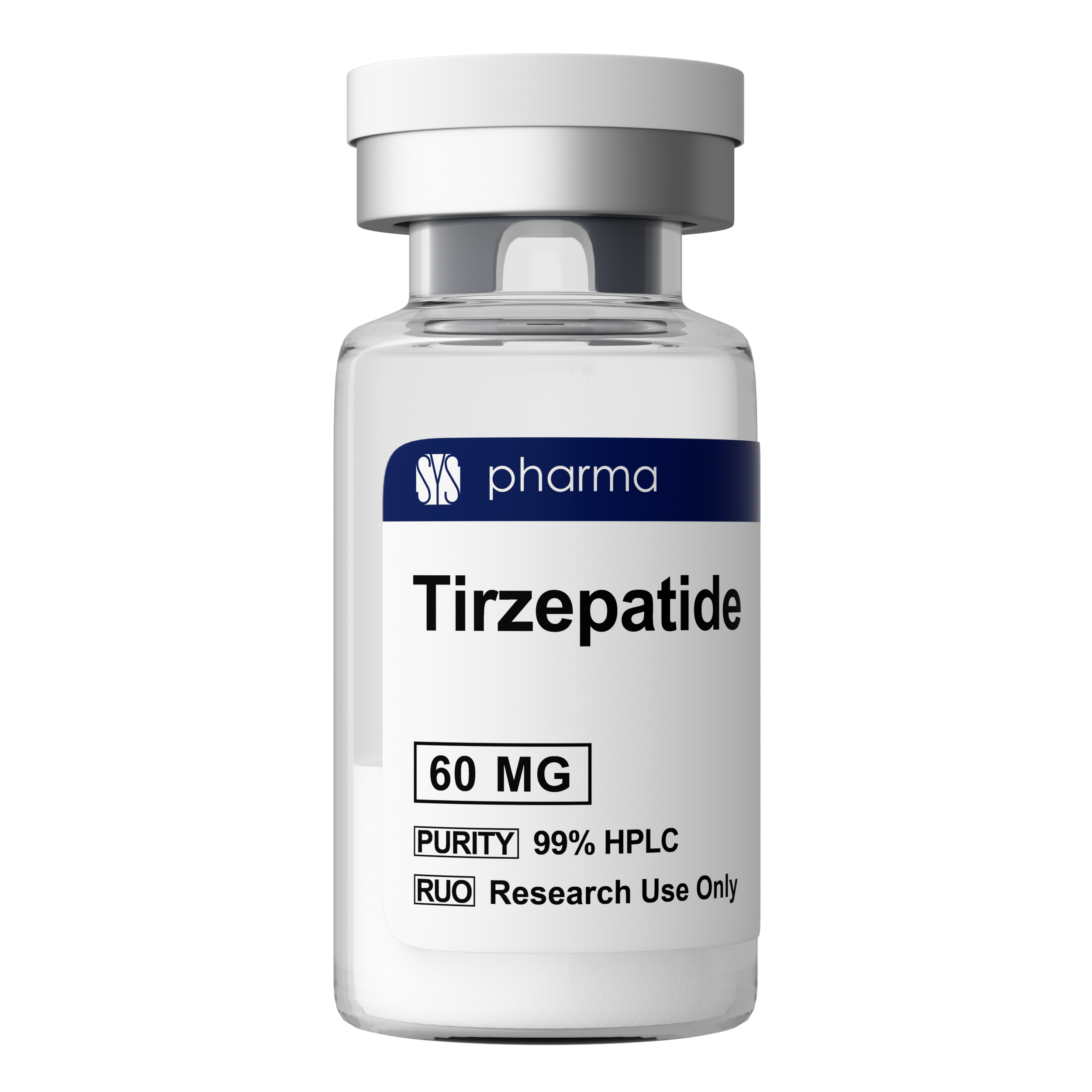In-depth analysis: Does the global lowest price of multinational pharmaceutical companies arouse foreign jealousy?
-
Last Update: 2019-12-02
-
Source: Internet
-
Author: User
Search more information of high quality chemicals, good prices and reliable suppliers, visit
www.echemi.com
On November 28, the State Medical Security Bureau and the Ministry of human resources and social security released the complete 2019 national directory of drugs for basic medical insurance, work injury insurance and maternity insurance, which included 2709 drugs in total Compared with 2017 edition, 218 drugs were transferred in, 154 drugs were transferred out, a net increase of 64 The new catalogue will be put into effect on January 1 In terms of varieties, as an innovative tumor immunotherapy PD-1 inhibitor, Cinda bio's cindilimab (trade name: dabushu) was selected into the new national health insurance catalog, which is also the only PD-1 product that was shortlisted Both drug O and drug K were out However, three hepatitis C drugs, namely, elbawegrarevir, laidipivofosfobuvir and sofosfobuvir, are included in the medical insurance This is the first time that specific drugs for hepatitis C have been included in the national medical insurance, making up for the gap in the field of chronic hepatitis C drugs in the national medical insurance catalogue In addition, the successful negotiation of bosentan, megestat and other drugs has helped patients with rare diseases such as pulmonary hypertension and C-type Niemann peak disease get rid of the dilemma of no drugs available in the catalogue Patients with diabetes, hepatitis B, rheumatoid arthritis, MDR-TB and chronic obstructive pneumonia have more high-quality new drugs to choose from Different from the first negotiation last year, in which 17 anticancer drugs were included in the medical insurance catalogue, this negotiation attempts to introduce the "price confidentiality" approach and competitive negotiation to guide enterprises to reduce prices substantially There are still many bright spots in this healthcare negotiation First, compared with the previous prediction, only Xinda biology has been shortlisted for innovative anticancer therapy PD-1 Second, in this healthcare negotiation, the success rate of traditional Chinese medicine variety negotiation is amazing, reaching 96% The other point is that many innovative drugs have been included in this healthcare negotiation Whether these new drugs will squeeze the limited healthcare funds is also worth mentioning Note Of course, in this healthcare negotiation, many multinational pharmaceutical companies have given the lowest price in the world Whether such a low price will cause chain effect in other markets? How to consider the headquarters of these multinational pharmaceutical companies? This is also the issue discussed in this paper As a matter of fact, whether the drugs are cut down to enter the medical insurance by a large margin or the patients are all happy to see the success Whether the medical representatives will lose their jobs or not has no concern or sympathy But after all, the enterprises are profit-making If they can't get returns in a certain market for a long time, they will also reduce the investment and construction in the region If a certain variety can't get profits to support its product line for a long time, this No matter how much patients look forward to it After all, capital is cold-blooded Our neighbor, Japan, has been stagnant for many years due to the lack of return on antibiotic research and development, although demand has become increasingly urgent But the Japanese government has been strictly controlling drug prices, and drug companies have reduced their investment in the local area because of the cost, so how to balance this relationship also tests the wisdom of the Chinese medical insurance sector Compared with the 2017 version of the medical insurance catalogue, innovative varieties will not squeeze medical insurance funds It can be found that the negotiation results are very tolerant to the entry of new drugs, with 8 of 12 major domestic innovative drugs Most of the drugs successfully negotiated in this negotiation are new drugs launched in recent years, many of which are newly launched in 2018 These newly listed drugs have been quickly included in the catalog, releasing clear signals to support innovation On the other hand, of course, there are many spaces for adjustment in the previous 2017 version of the national health insurance catalog, and some varieties with little clinical value have severely squeezed the limited medical insurance funds According to the state health insurance bureau, 154 drugs have been transferred out of the complete catalogue after this negotiation, but the official names of the 154 varieties have not been announced In fact, in August this year, the state health insurance bureau said that in terms of the drugs transferred out, mainly the drugs whose number has been revoked by the State Drug Administration and the drugs with low clinical value, obvious abuse and better substitution This can also answer some concerns On November 28, after the announcement of the negotiation results, some people were worried about whether a large number of innovative drugs would be included in the medical insurance catalog, and whether it would increase the burden of medical insurance funds and occupy space for other varieties In fact, Xiong Xianjun, director of the medical service management department of the State Medical Insurance Bureau, also said: "as for the amount of medical insurance fund that may be affected by this medical insurance negotiation, the medical insurance bureau will calculate an approximate amount The main thing is to make room for the original transfer of drugs for this negotiation " The traditional Chinese medicine variety medical insurance continues to be favored, and the traditional Chinese medicine has achieved a good harvest in this medical insurance negotiation Of the 19 Chinese patent medicines to be negotiated, 18 have been successfully negotiated and successfully entered the national medical insurance In addition, five Chinese patent medicines successfully negotiated in 2017 were all shortlisted in this round of renewal negotiation, making the number of Chinese patent medicines successfully negotiated in 2019 reach 23, and the success rate of this negotiation reached an amazing 96% Only two gingko diterpenoid lactone glucosamine injection and gingko lactone injection of traditional Chinese medicine were successfully negotiated among the 18 varieties, and the price of these two products decreased by 70.35% and 75.09% respectively In fact, this is also in line with the official policy of nearly two years Due to the gradual increase of the official restrictions on the use of traditional Chinese medicine injections, the growth rate of the field of traditional Chinese medicine has slowed down since the beginning of this year The popularity of traditional Chinese medicine in this health care negotiation also marks that the official support for the innovation of traditional Chinese medicine has not weakened Although in the past six months, including the health and Health Commission, the drug administration and other departments have issued policies to focus on the monitoring of the use of traditional Chinese medicine, this is not contradictory to supporting the innovation and development of traditional Chinese medicine In some highly controversial areas, timely restrictions and control can better help Chinese traditional medicine to clarify the bottleneck of development and point out the new direction This time, we entered the list of traditional Chinese medicine through negotiation The large price reduction also shows that the enterprise has insight into the official intention and needs to show its sincerity to respond After all, after entering the list of medical insurance, the sales volume of products will show a multiple growth Taking the successful renewal of the ginkgo diterpenoid lactone glucosamine injection as an example, according to the financial report of Kangyuan pharmaceutical industry, after entering the national medical insurance catalog in 2017, the sales volume of Ginkgo diterpenoid lactone in 2018 reached 1577500 boxes, with a growth of 66.39%, achieving a win-win situation between price and market The confidentiality mechanism reduces the pressure on multinational pharmaceutical enterprises In terms of this health insurance negotiation, many world-famous "noble drugs" of multinational pharmaceutical enterprises offer "civilian price", and the imported drugs basically offer the lowest price in the world For example, the local rare disease drug delaroth of Novartis and the bone marrow fibrosis drug lucotinib phosphate were included in the national health insurance catalog But now, the question for multinational pharmaceutical companies is whether such low pricing in the Chinese market will affect the global layout of these companies, whether the headquarters of these multinational pharmaceutical companies will have doubts and doubts, and whether the medical security departments of other countries and regions will learn from the state health insurance bureau of China to bargain on the prices of their varieties Sina medicine Interviewed some industry people on this issue, most of them told Sina pharmaceutical that there is no way for the enterprise itself Now China's drug negotiation is a complete buyer's market If you don't reduce your own people, the market will also be taken away by others Multinational pharmaceutical enterprises are in a dilemma In the end, the two evils are lighter In the face of such a large market as China, multinational pharmaceutical enterprises are in a dilemma It also compromised with the state health insurance bureau of China, and finally realized the exchange of price for quantity On the other hand, the national health insurance bureau did not fail to take this into account For this reason, the national health insurance bureau also introduced the negotiation price confidentiality mechanism for the first time Xiong Xianjun, director of the medical service management department of the National Health Insurance Bureau, said: price confidentiality is a strategy often adopted by the national health insurance fund and commercial insurance As long as the price is kept confidential, the lowest international price can be obtained The National Health Insurance Bureau chose to keep the negotiated price confidential, which also reduced the pressure of pharmaceutical enterprises, especially multinational pharmaceutical enterprises to a certain extent After all, the pricing of multinational pharmaceutical enterprises in China will affect the market of other countries and regions, involving the global price system management, so price confidentiality can not only ensure that Chinese patients use low-cost drugs, but also will not impact other international markets.
This article is an English version of an article which is originally in the Chinese language on echemi.com and is provided for information purposes only.
This website makes no representation or warranty of any kind, either expressed or implied, as to the accuracy, completeness ownership or reliability of
the article or any translations thereof. If you have any concerns or complaints relating to the article, please send an email, providing a detailed
description of the concern or complaint, to
service@echemi.com. A staff member will contact you within 5 working days. Once verified, infringing content
will be removed immediately.







